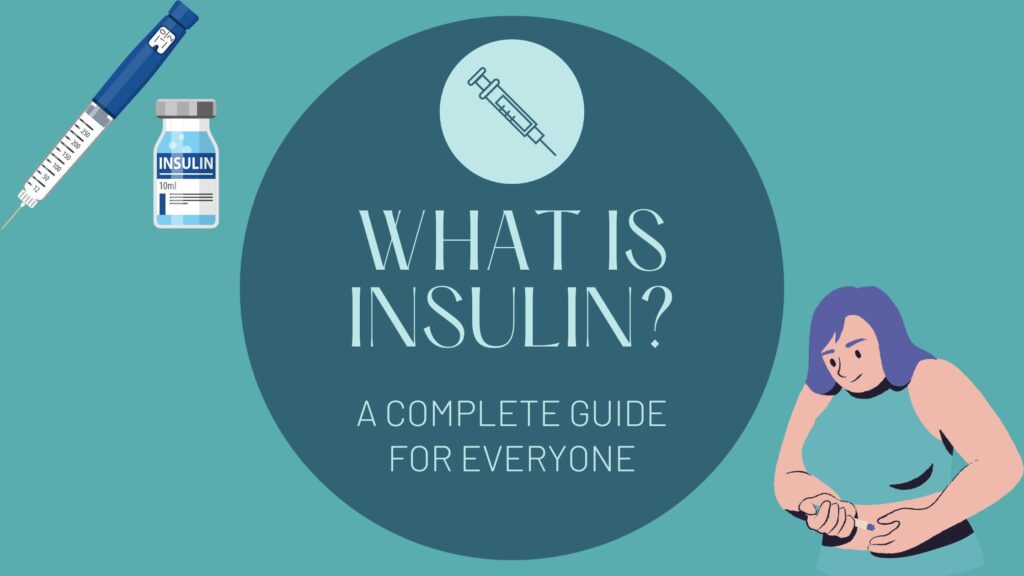BMI (body mass index) is an indicator that specifies the healthiness of your body weight. It is a primarily accepted worldwide criterion for assessing healthy body weight. It compares your body weight to your body height. Irrespective of gender, adults can compute their BMI by dividing weight (kg) by the square of height(meters). You can also use our BMI calculator. If your calculated BMI is between 18.5 to 24.9, you have a normal healthy body weight. Read the benefits of healthy body weight below.
- What is an unhealthy body weight?
- Measuring weight for BMI calculation
- Measuring height for BMI calculation
- Calculate BMI
- BMI is not 100% useful to evaluate your health risks
- TOP 5 benefits of a healthy body weight
- TOP 5 health risks of being overweight
- TOP 5 health risks of being underweight
- What other methods you can use to detect fat-related health risks
What is an unhealthy body weight?
If your computed BMI is less than 18.5 (underweight) or more than 24.9 (overweight), your weight is unhealthy. An unhealthy weight, especially in the BMI range of obesity (more than 29.9), puts you at risk of developing some diseases. Read the health risks of being overweight below.
Measuring weight for BMI calculation
- Calculate your precise body weight in kilograms using a weighing scale.
- Take a weighing scale. Ensure it operates flawlessly and reading on screen is zero when there is nothing on it.
- If any, make sure you remove personal accessories like a watch, mobile phone, ornaments, valet, etc.
- Preferably wear light-weighted clothes.
- Remove your shoes and step up to the weighing scale.
- Read and note your weight in kilograms.
Measuring height for BMI calculation

- Calculate your body height in meters
- Take a measuring tape and make sure its measurement start point is zero.
- Remove your shoes and stand over a flat surface.
- Keep a normal standing posture.
- Record measurement from the foot thumb to the top of the head.
- Note your height in meters.
Calculate BMI
- BMI = Weight/Squared Height (Kg/mm)
- Measure your weight in Kg. For example, 70Kg.
- Measure your height in meters and multiply it by itself. For example, 1.79m X 1.79m = 3.58 mm
- To calculate BMI, divide the weight by squared height. For example, 70/3.58=19.55 Kg/mm
- Alternatively, for an accurate result, use our BMI calculator.
BMI is not 100% useful to evaluate your health risks
BMI scale holds some limits as it cannot reckon a person’s body fat or protein composition. For example, an individual with a BMI value of 22.5 might keep high fats on the tummy and fall in the normal BMI class. But due to high fats, despite having a normal BMI value, he is at risk of developing cardiac diseases. Likewise, a gymholic person with a solid muscular build might fall in the overweight BMI category. Still, he might not be at risk of having fats or developing chronic illness.
TOP 5 benefits of a healthy body weight
A Healthy Lifestyle

By maintaining healthy body weight, you can make a healthy lifestyle. You have better vitality and self-esteem to present yourself as a dynamic, attractive and interactive personality. You can easily get dressed in style and walk actively like a delicate person.
Relatively longer life span
Being in a healthy weight category, you can enjoy a better and longer life span than an overweight individual. Your all vital body organs get proper blood supply and remain healthy. A relatively better blood circulation, nights of better sleep, mental peace and a better quality of life can prolong your life span.
Fertility
Females with normal body weight typically maintain balanced hormone levels and have regular menstrual periods than those with overweight individuals. Similarly, men with normal body weight have more vitality. Their sperm motility and count are generally better than overweight individuals.
Healthy Immune System
Standing as a healthy person, you have adequate nutrients and fluid balance to keep a healthy immune system. A healthy immunity will keep you shielded from invading microbes, and you will not easily fall sick.
Avoiding risks for chronic illness
You can avoid all health risks of being overweight by maintaining a healthy weight. When you are normal BMI, your heart, liver, kidneys, lungs and other organs are not at risk of developing any illness.
TOP 5 health risks of being overweight
Risks for your heart

People with overweight and obesity are at higher risk of developing hypertension, high cholesterol, coronary heart disease and stroke.
Risk for developing type 2 diabetes
An obese person has 80% more chances of developing type 2 diabetes than a healthy weighted person. Obese individuals carry increased insulin resistance, increasing blood glucose levels.
Risks to your joints
Overweight individuals have more weight on their knee and hip joints. They are at high risk of developing osteoarthritis, a condition in which they can face pain, swelling and immobility of their joints.
Risk for developing certain cancers
Obesity puts you at risk of developing cancers like liver, colon, thyroid, breast and uterine cancers.
Risks to your fertility
Overweighed, particularly obese, men have higher risks for developing infertility. They are studied to have lower testosterone hormone levels and a low sperm count and motility than men with normal body weight. Similarly, females with overweight and obesity are studied to face irregular menstrual cycles and complications in conceiving.
Mental illness, depression, anxiety, breathing and sleeping problems, shorter life span and poor quality of life are more problematic for an obese individual.
TOP 5 health risks of being underweight
Bone fractures
Due to the low bone density and lack of calcium, people with low BMI are at an increased risk of bone fractures. Underweight females are at greater risk than males.
Frequent sickness

Underweight individuals are at higher risk to fall sick quicker than others. They might lack white blood cells and other nutrients leading to weakened immunity. They might also take more time in recovery from sickness than a healthy individual.
Hair loss
Underweight individuals might be lacking the essential nutrients required for hair growth and have comparatively thinner and weaker hair. They are more prone to quick hair loss.
Slow growth
People with low BMI are more prone to grow slower. They are at risk of having malnutrition and might have insufficient vitamins, minerals and blood cells required for proper growth.
Infertility
Underweight males are at risk of having low testosterone levels and decreased libido. An underweight female might have problems in ovulating. Many skinny females can conceive and deliver normally, but it is recommended to gain healthy body weight before conceiving.
Lack of energy, fatigue, poor quality of life and difficulty to focus are additional risks for an underweight individual.
What other methods you can use to detect fat-related health risks
- Waist Circumference
- Waist to Height Ratio
- Waist to Hip Ratio
- A Body Shape Index










